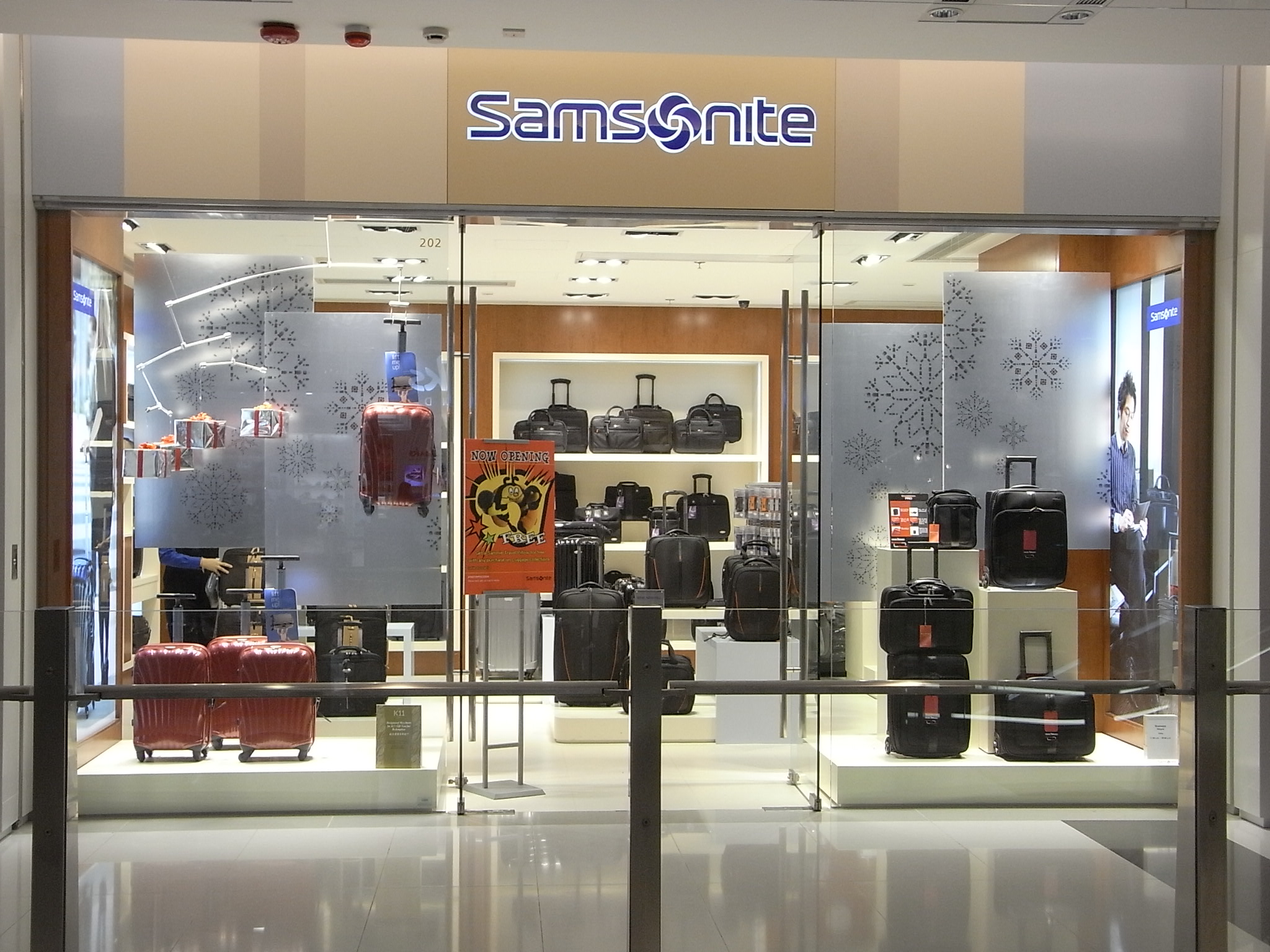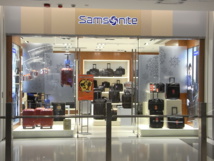On Friday, the world's largest luggage company Samsonite International announced the acquisition of US manufacturer of luggage luxury Tumi Holdings. The deal amounted to $ 1.8 billion. Tumi’s shareholders will receive $ 26.75 for each share of the company, the sum will be paid in cash. The reward, in comparison with the cost of Tumi’s shares at the close of trading on Wednesday, is 33%.
Samsonite’s CEO Ramesh Dungarmal Tainwala: "This is a transforming deal for Samsonite. It will significantly expand our presence in the very attractive premium segment in the market of bags, luggage and accessories." To finance the transaction, Samsonite will use funds borrowed from Bank of Tokyo Mitsubishi UFJ, HSBC, Morgan Stanley, National Association and SunTrust Bank.
Tumi specializes in the production of luggage luxury. According to the official website, the company's bags cost about $ 1.3 thousand. According to Bloomberg Intelligence analyst for consumer goods, Catherine Lim, the acquisition should strengthen Samsonite's position as the world's largest luggage manufacturer. In her opinion, the company's competitors are small and are unlikely to come close in terms of scope of business in the near future. Samsonite is quite actively expanding its business - since 2012, the company has made nine acquisitions. Earlier Samsonite reported that the company plans to double sales by 2020 (compared with 2014 year) to $ 4.7 billion. According to Mr. Tainwala, the company does not rule out further acquisitions. One of the company’s goals is to diversify its business. Apparently, Tumi’s acquisition allows Samsonite to come closer to the aim. "It's a perfect combination in terms of many aspects, including retail sales channels and regions, categories and prices of goods. In the long term, this transaction will have a significant synergistic effect,"- commented a BNP Paribas’ analyst.
Tumi has 177 stores worldwide, and new points are about to open this year. Tumi’s net sales grew last year by 4% to $ 547.7 million. Tumi’s main sales fall on the United States. According to Mr. Tainwala, merging with Samsonite will allow the company to increase the presence in the European and Asian markets. "I will not be surprised if Tumi’s Asian sales grow up in five years," - he said. Now the Asian market accounts for only 17% of the company’s sales, while the North American - 68%. As for Samsonite itself, its Asian sales accounted for 38% of total, of which 10% were brought by China.
Once the deal was announced, shares of Samsonite increased by 6.3%, Tumi’s – by 30%.
source: wsj.com
Samsonite’s CEO Ramesh Dungarmal Tainwala: "This is a transforming deal for Samsonite. It will significantly expand our presence in the very attractive premium segment in the market of bags, luggage and accessories." To finance the transaction, Samsonite will use funds borrowed from Bank of Tokyo Mitsubishi UFJ, HSBC, Morgan Stanley, National Association and SunTrust Bank.
Tumi specializes in the production of luggage luxury. According to the official website, the company's bags cost about $ 1.3 thousand. According to Bloomberg Intelligence analyst for consumer goods, Catherine Lim, the acquisition should strengthen Samsonite's position as the world's largest luggage manufacturer. In her opinion, the company's competitors are small and are unlikely to come close in terms of scope of business in the near future. Samsonite is quite actively expanding its business - since 2012, the company has made nine acquisitions. Earlier Samsonite reported that the company plans to double sales by 2020 (compared with 2014 year) to $ 4.7 billion. According to Mr. Tainwala, the company does not rule out further acquisitions. One of the company’s goals is to diversify its business. Apparently, Tumi’s acquisition allows Samsonite to come closer to the aim. "It's a perfect combination in terms of many aspects, including retail sales channels and regions, categories and prices of goods. In the long term, this transaction will have a significant synergistic effect,"- commented a BNP Paribas’ analyst.
Tumi has 177 stores worldwide, and new points are about to open this year. Tumi’s net sales grew last year by 4% to $ 547.7 million. Tumi’s main sales fall on the United States. According to Mr. Tainwala, merging with Samsonite will allow the company to increase the presence in the European and Asian markets. "I will not be surprised if Tumi’s Asian sales grow up in five years," - he said. Now the Asian market accounts for only 17% of the company’s sales, while the North American - 68%. As for Samsonite itself, its Asian sales accounted for 38% of total, of which 10% were brought by China.
Once the deal was announced, shares of Samsonite increased by 6.3%, Tumi’s – by 30%.
source: wsj.com



















